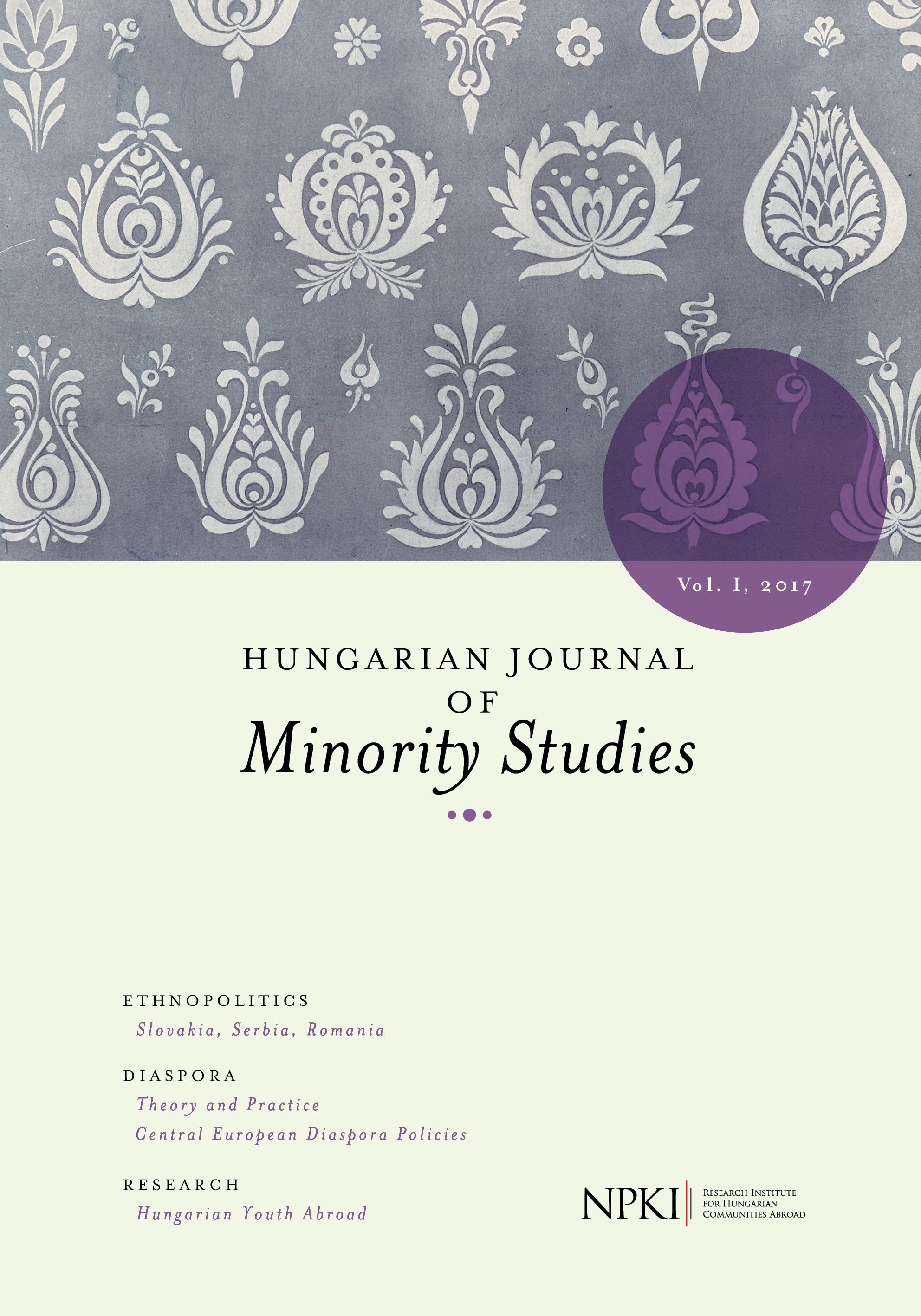Post-socialist Diaspora Policies
Post-socialist Diaspora Policies
Is there a Central-European Diaspora Policy Path?
Author(s): Eszter KovácsSubject(s): Politics / Political Sciences, Politics, Social Sciences, Political Sciences, Politics and society
Published by: Nemzetpolitikai Kutatóintézet
Summary/Abstract: The paper raises the question whether there is a certain diaspora policy model that is typical for Central European states. Based on the findings, the paper argues that although post-socialist states have very similar paths in relating to and engaging their diaspora communities abroad, these policies are shaped by diverse political contexts, considerations, and expectations, as well as by different experiences in the diaspora – homeland relations. More specifically, the research identifies four points where a detailed qualitative analysis points out differences in these states’ diaspora policies behind the similar structures: the effects of special/benefit/status laws, the politicization of external voting rights, the symbolic aspects of diaspora policy, and the level of awareness of the new (post-2000, labor migrant) diaspora.
Journal: Hungarian Journal of Minority Studies
- Issue Year: 1/2017
- Issue No: 1
- Page Range: 89-109
- Page Count: 21
- Language: English

